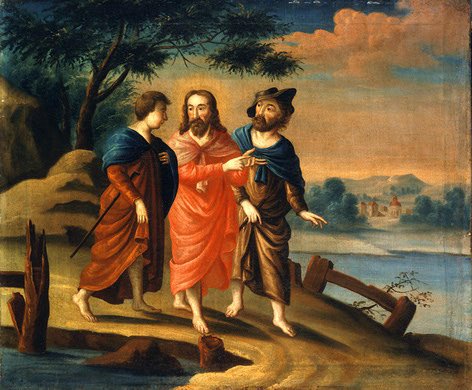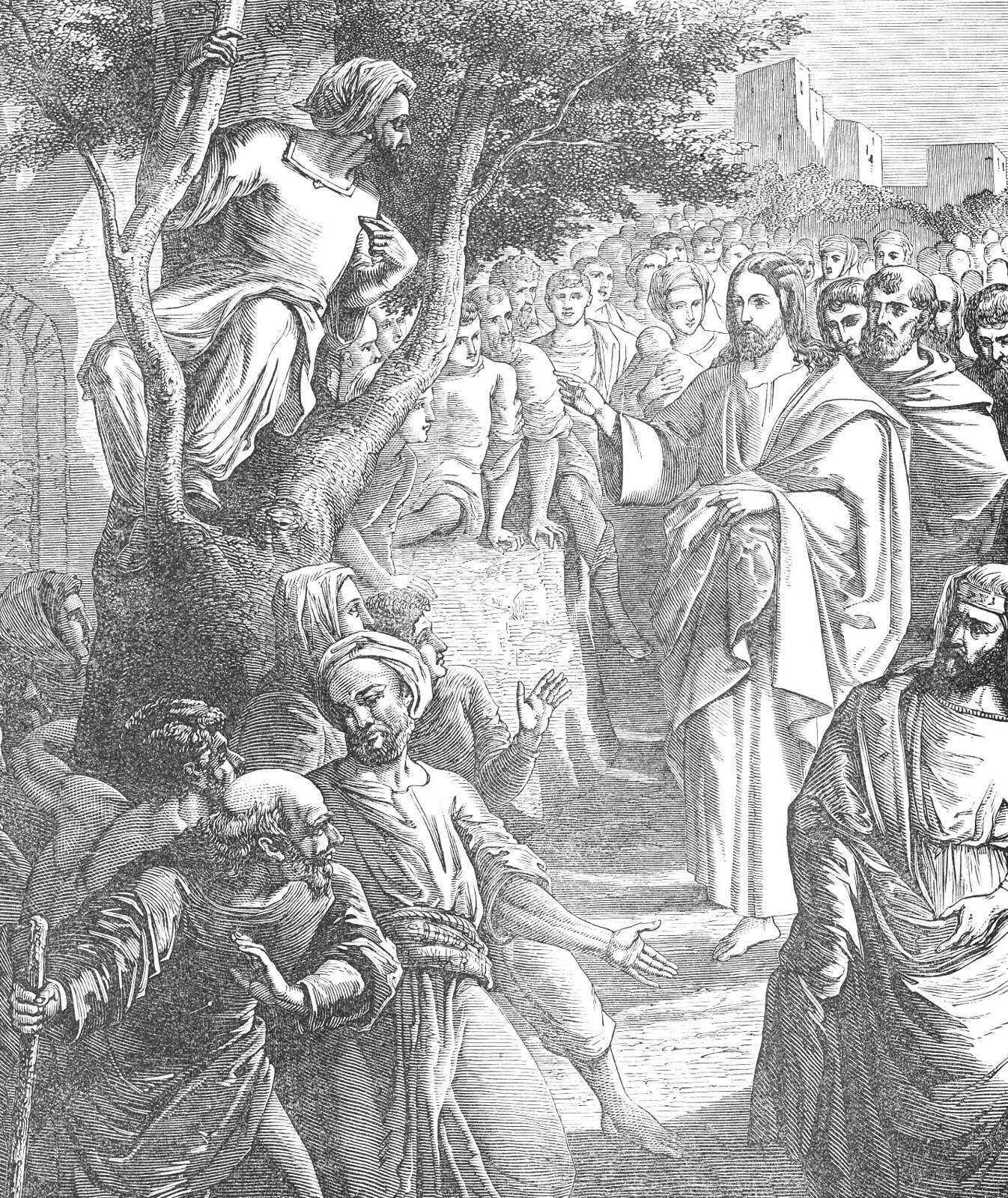What is so important about Jesus’ resurrection? Why do we talk about it constantly and set aside one day a year in which to have a grand celebration? Father Jeremiah looks into these questions and helps all to see that Jesus’ resurrection from the dead is now the hinge upon which all the world turns.
Image: Internet Archive Book Images, No restrictions, via Wikimedia Commons Image Location: https://commons.wikimedia.org/wiki/File:The_Bible_panorama,_or_The_Holy_Scriptures_in_picture_and_story_(1891)_(14785046505).jpg




















